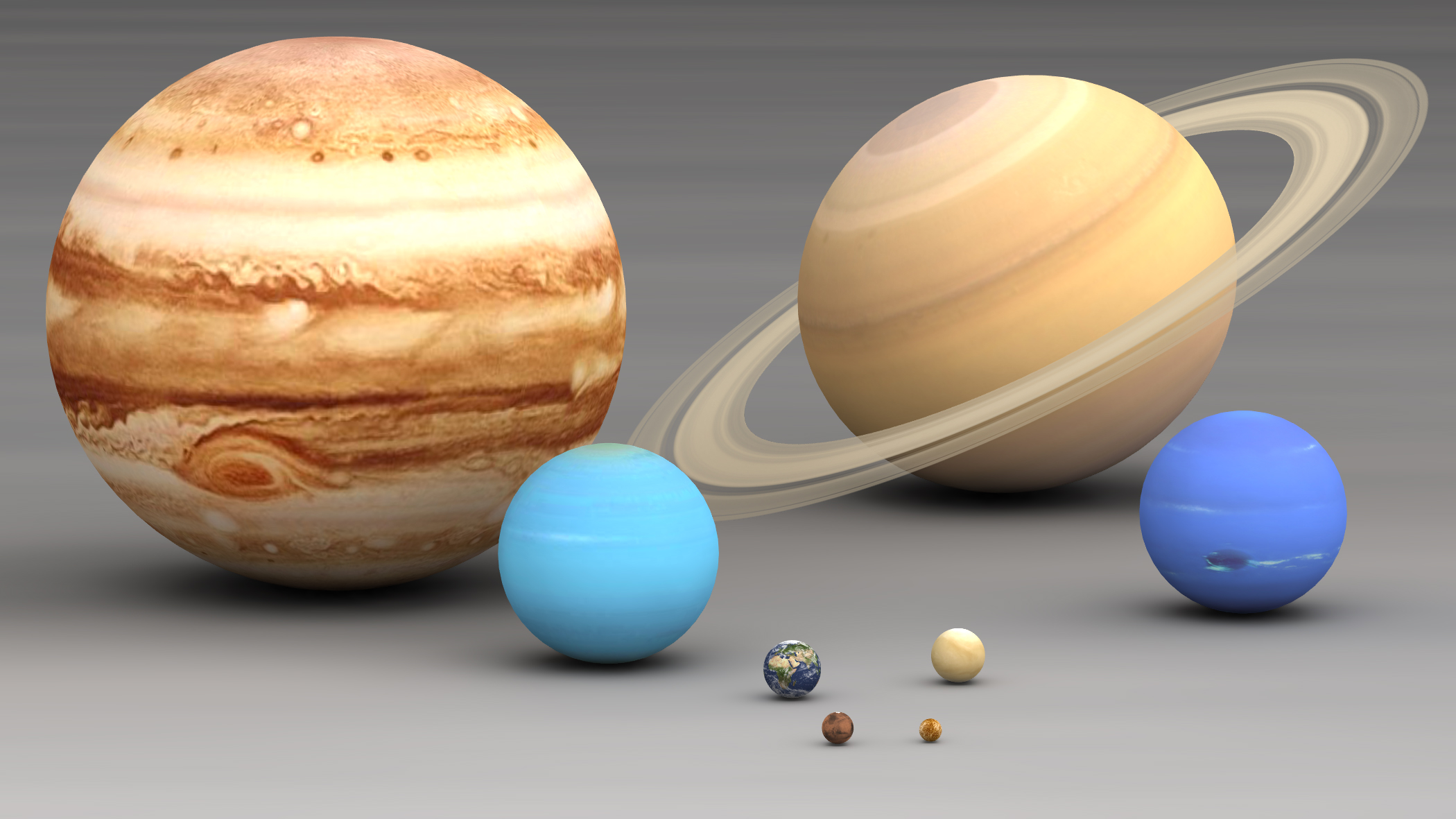"Rare Earth" is a book defending the Rare
Earth hypothesis, the idea that life, or at least complex and intelligent life,
is very rare in the universe.
Peter Ward and Donald Brownlee believe that simple life forms might be ubiquitous throughout the universe. By simple life, they mean something along the lines of bacteria or archaeans. However, complex life - such as animals - might be comparatively rare. (They don't discuss plants at any length.) The conditions necessary for the evolution of animals might be so unusual, that our own solar system could be the only one where such creatures have emerged. If so, that would make intelligent life even less likely. Perhaps humans really are alone in the universe.
The authors discuss the unusual make-up of our solar system at some length: the sun isn't an average star, the presence of Jupiter tends to shield Earth from approaching comets, our unique moon has an important geological impact on conditions at Earth, plate tectonics are driven by very exotic mechanism, etc. Thus, complex life has evolved due to a long series of highly unlikely circumstances. If the preconditions for animals and thus humans are the results of pure chance, then perhaps it only happened once. Fermi's paradox has been solved: the reason why no aliens have ever visited our planet, is that the aliens don't exist!
For rather obvious reasons, it's very difficult to prove or disprove the Rare Earth hypothesis at present. It remains a minority position within the scientific community. Personally, I also suspect that Ward and Brownlee are wrong, but I admit that my reasons for thinking so are largely philosophical. And no, I won't kill myself if somehow it turns out that the authors are right. I mean, who wants to be fried by the big UFOs in "Independence Day"?
Still, it's interesting to speculate about why the Rare Earth hypothesis is so...well, rare. It's almost an article of faith in our culture that aliens simply *must* exist. Why? I don't think it's because the existence of other civilizations in other star systems would make us more humble and less Earth-centred. Please come on, our civilization is *not* humble, a few symbolic paeans to Copernicus and Freud notwithstanding.
Paradoxically, I think it's a special kind of scientific thinking that fuels the pseudo-scientific alien-mania. If we can find an advanced race travelling the Galaxy in space ships, that would prove that science, high tech and AI actually works. Also, what better argument for funding the space programs than the chase for aliens? Perhaps atheists also need aliens to give the empty materialist universe some semblance of meaning? If you can find meaning in a non-existent sulphur-based life form at Beta Orionis, you have my sympathy. I can't. I like crows and geese, though.
Incidentally, you might want to know that the book Amazon has paired "Rare Earth" with, "The Privileged Planet", is a creationist work. The creationists, of course, claim that all the facts enumerated by Ward and Brownlee can't be a co-incidence. It must be God who is behind it all! (God doesn't like sulphur-based life forms on Rigel. He's more into beetles!)
"Rare Earth" is relatively easy to read, contains many interesting facts and interpretations, and gives you something to think about on a spring evening. I mean, what if we actually *are* alone...in the entire universe? The thought is staggering. I also find the theory expounded in this work hard to swallow, but it should be read with an open mind.

No comments:
Post a Comment